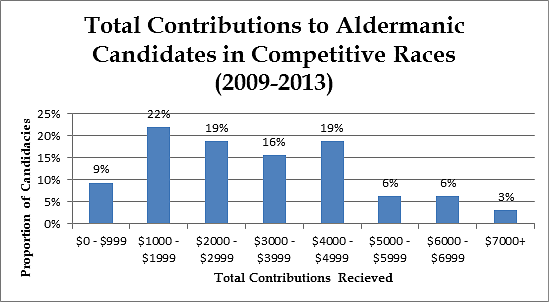
Diana Li Photo
For the first time since October, New Haven’s public-financing agency mustered a quorum — and debated the rules for tying candidates’ matching dollars to the rise in the cost of living.
The Fund, a seven-member board that runs the city’s municipal public-finance system for mayoral candidates, has for months had several unfilled openings. So it needs all four appointed members present to reach a quorum, a feat that eluded it for three months, until Wednesday night. (That subject may come up Thrusday when the Fund’s new administrator meets with Mayor Toni Harp, who’s responsible for filling those openings.)
One member who did show up to Wednesday night’s meeting at City Hall was ill, so the meeting was cut short, with most items tabled until the next monthly meeting.
Still, members did discuss clarifying the Fund’s rule on cost-of living adjustments. The rule states that every four years, starting in 2008, many of the figures should be adjusted for cost-of-living and increase based on the Consumer Prix Index (CPI), a measurement of cost-of-living changes.
The Democracy Fund approves and hands out government matching money to the campaigns of qualifying mayoral candidates. New Haven is the only city in Connecticut with a municipal financing program, which aims to enable more candidates to compete for public office and limit the influence of special-interest donors. The Fund became a significant election issue in the 2013 Democratic mayoral primary, with Justin Elicker and Kermit Carolina opting in and Henry Fernandez and current mayor Toni Harp opting out.
Because of the CPI adjustment, many of the numbers in the Fund’s formula changed in 2012. Individual contributions were originally limited to $300; this figure was adjusted to $370 in 2012. Both the initial grant qualifying candidates receive from the city and the cap on personal funds candidates can use increased from $15,000 to $19,000. The total limit on a candidate’s expenditures throughout a campaign increased from $300,000 to $368,000. (The ordinance requires the new values to be rounded either to the nearest $5 or nearest thousand dollar value, depending on the value).
However, the ordinance makes it unclear whether the $25 limit on matching funds should also be adjusted for CPI. This $25 figure is the limit on what the city will match: right now, the city matches all qualifying contributions two-to-one until $25. In other words, a $10 donation becomes $30, a $25 donation becomes $75, and a $50 donation becomes $100.
This $25 cap was the only figure other than the $10 minimum that was not adjusted in 2012 for inflation, as it is the only value not specified in the ordinance that needs to be adjusted for cost of living. The board discussed Wednesday night whether this omission was an oversight or intentional, and agreed to take up the issue and vote on the potential adjustment at next month’s meeting.
The one figure that will certainly not be adjusted is the $10 minimum for qualifying contributions that will persist despite CPI adjustments.

New administrator Heimer (left) and Chair Milfred (right).
“Whether it was an oversight to omit [the adjustment for the limit on matching funds] or was actually something that should not be changed, the $10 minimum won’t be changed to make sure people can access and participate,” Fund administrator Alyson Heimer said.
Fund Chair Jared Milfred added that it was simply not part of the Board of Alders’ intention to change the minimum, based on a discussion the alders had when they passed the ordinance.
Regardless of what the board decides regarding the matching funds limit, all other figures besides the $10 minimum will undergo another round of adjustments in 2016, as per the four-year cycle stated in the ordinance.
In addition to the discussion about CPI adjustments, the board looked ahead to planning a presentation to the Board of Alders regarding the cost and feasibility of expanding the Democracy Fund to other citywide offices, including alders. Former administrator Ken Krayeske made a presentation to the Board of Alders about how much extending public financing to alders would cost, but his estimates were likely too high, as he assumed all races were contested in his calculations.

Jared Milfred
Milfred created new estimates last year based on a representative sample of 32 aldermanic campaigns in 2009, 2011, and 2013. He found that on average, 10 candidates compete in contested general elections and 23 compete in contested primary elections, and after excluding outliers, the average campaign spent $3,367. Heimer hopes to present these new numbers to the Board while getting their feedback and thoughts on whether they’d like to see an expansion of public funding to other municipal offices.
Administrator Heimer plans to discuss her vision of the Fund and its future in her meeting Thursday with Mayor Harp. Heimer had expressed hope to get more members appointed to the board to avoid the perennial problem of reaching quorum.
The Fund started this fiscal year with $342,581.28 and does not plan on asking for new disbursements for the upcoming fiscal year.